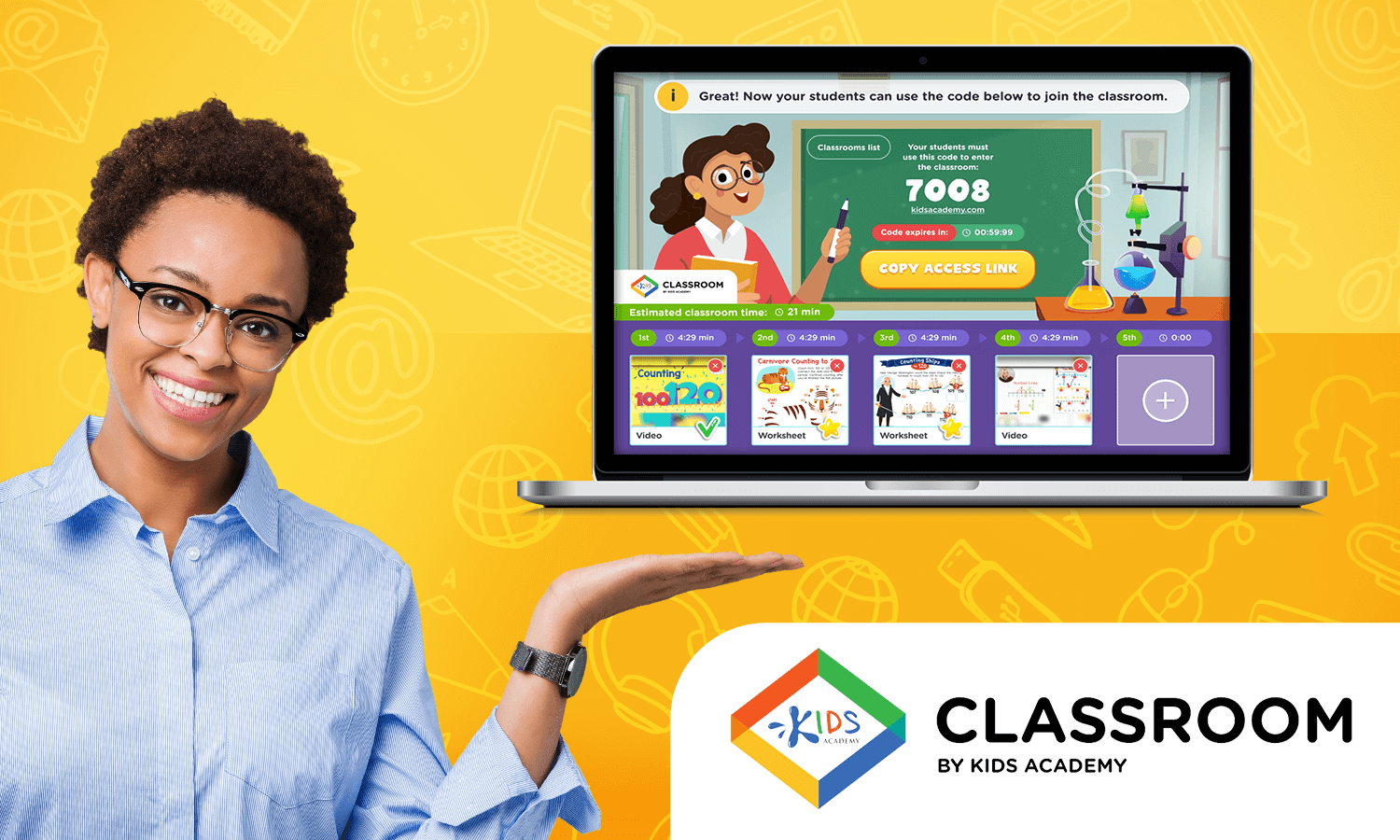Math fluency Worksheets for Ages 4-8
5 filtered results
-
From - To
Boost your child's numerical confidence and skills with our Math Fluency Worksheets, designed specifically for ages 4-8. These engaging, age-appropriate worksheets help young learners master basic math concepts through fun and interactive activities. Enhance your child's addition, subtraction, multiplication, and division fluency with our diverse selection of printable resources. Perfect for home or classroom use, our worksheets support K-2 curriculum standards, helping children build a strong foundational understanding of math. Elevate math learning with colorful, thoughtfully designed exercises that make mastering numbers an enjoyable adventure. Download today to unlock your child's math potential!
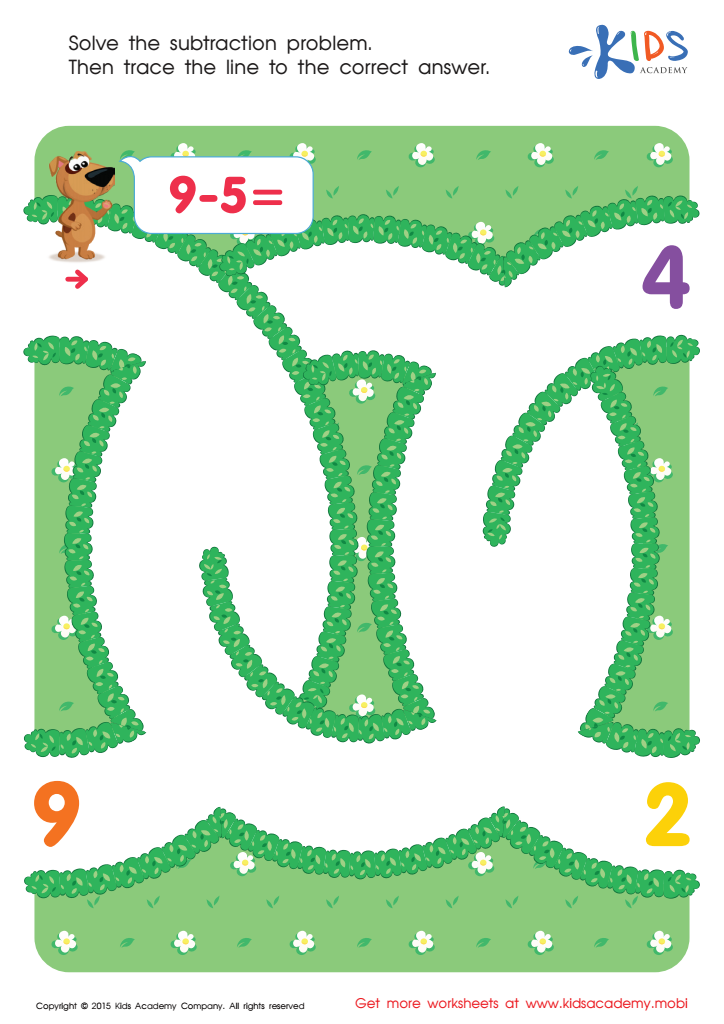

Subtraction Nine And Five Worksheet
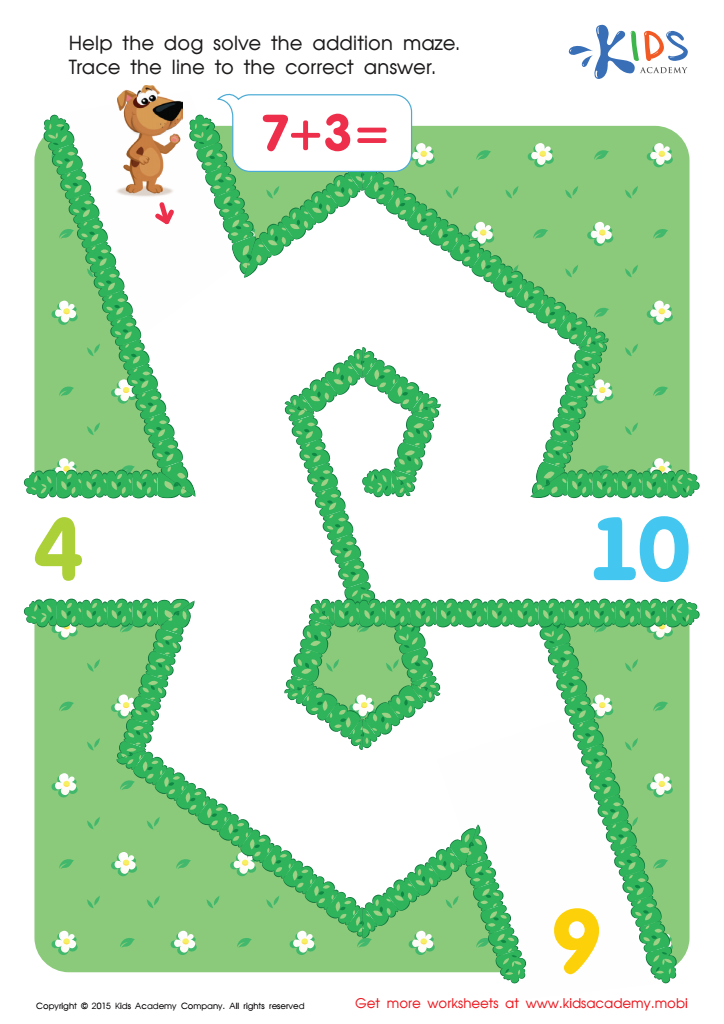

Seven Plus Three Worksheet
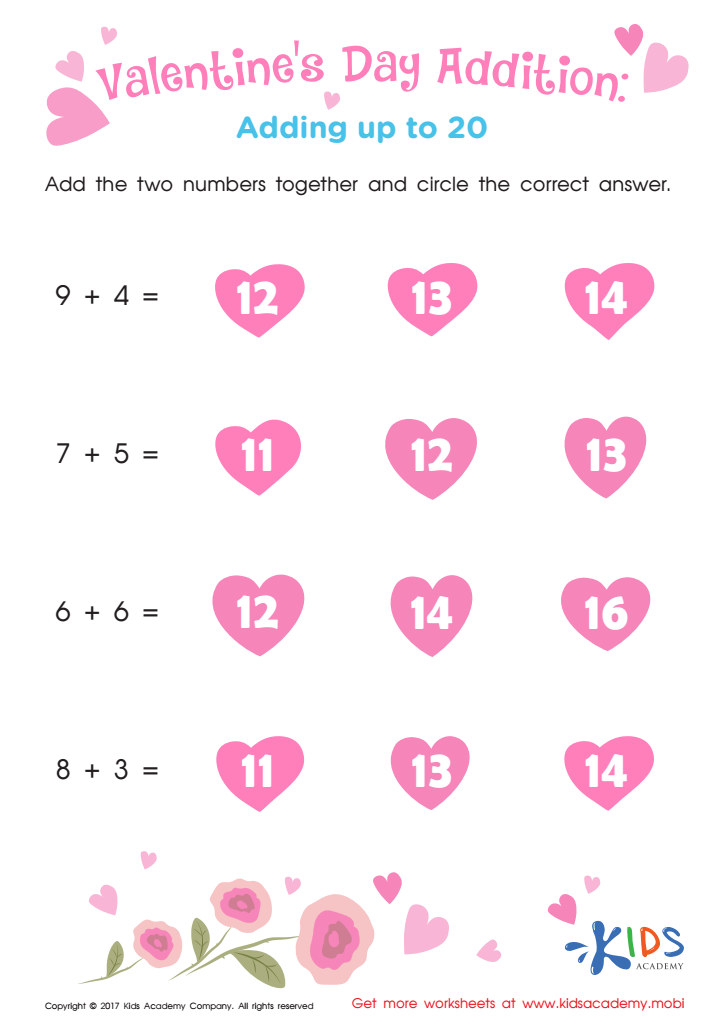

Valentine's Day Addition Worksheet
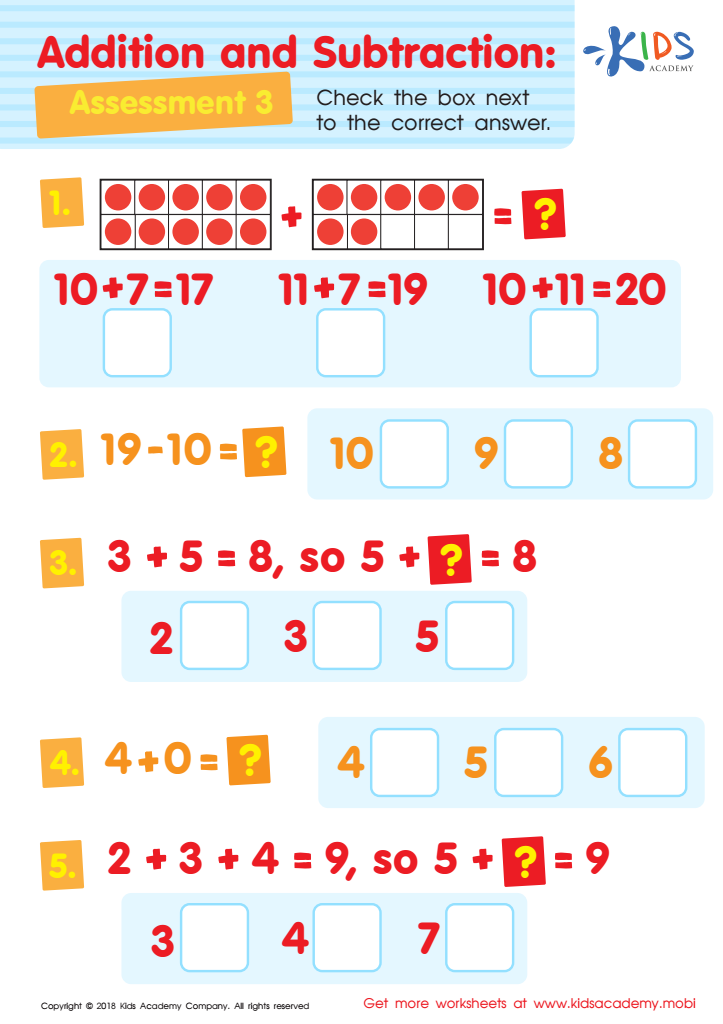

Addition and Subtraction Assessment 3 Worksheet
Math fluency in early childhood is paramount for laying a solid educational foundation that supports future academic and life success. For children ages 4-8, being fluent in math means having the ability to solve basic arithmetic problems quickly and accurately. This underpins more complex mathematical understanding and skills, which are essential as education progresses.
From a developmental perspective, achieving math fluency enhances cognitive abilities such as critical thinking, problem-solving, and logical reasoning. Children who grasp basic math concepts early on develop confidence that spills over into other academic subjects, fostering a more well-rounded and engaged learner.
Moreover, many daily activities involve math, from counting steps to sports tactics, and even simple tasks like dividing snacks fairly. Early proficiency ensures children are well-equipped to handle these tasks, promoting a sense of independence and self-reliance.
For parents and teachers, focusing on math fluency isn’t about drilling rote memorization but about making math enjoyable and intuitive through games, activities, and real-life examples. By fostering a positive attitude towards math at a young age, we help mitigate math anxiety later in life and inspire a lifelong appreciation for numbers and patterns. Enthusiastic and supportive engagement from parents and teachers can make math a fun, integral part of early learning.
 Assign to My Students
Assign to My Students




